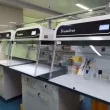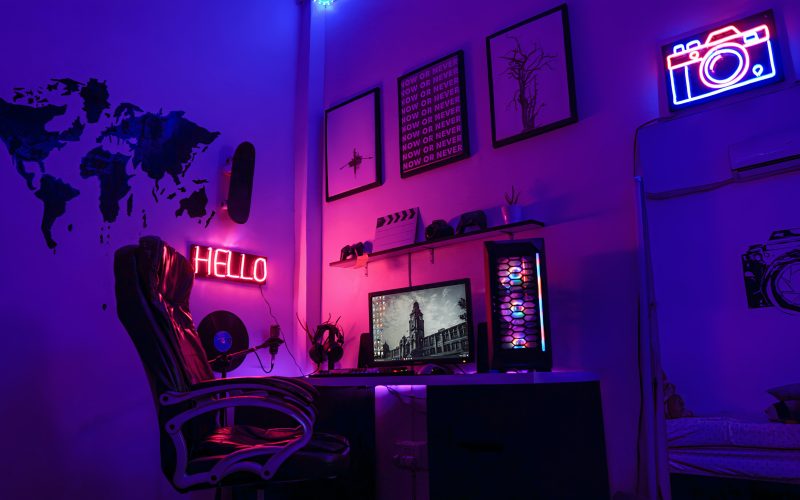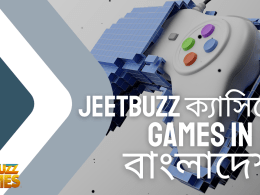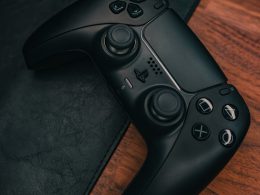Introduction:
You’ve invested in a high-end gaming PC, eagerly anticipating the smooth and immersive gaming experience it promises. But to your dismay, you find that even with top-of-the-line hardware, your PC struggles to run the latest games at optimal performance. What could be the hidden culprit behind this frustration? In this article, we will delve into the factors that can affect the performance of high-end PCs and uncover the reasons why they may struggle with new games.
- Outdated Drivers and Software:
One of the primary reasons for performance issues on high-end PCs is outdated drivers and software. Game developers continually release updates and optimizations to ensure compatibility with the latest hardware and software advancements. Failing to update your graphics drivers, operating system, and game patches can result in performance bottlenecks and compatibility issues.
- Insufficient Cooling:
Powerful gaming PCs generate significant heat, and without proper cooling, they can struggle to maintain optimal performance. Insufficient airflow, dust-clogged components, or an inadequate cooling system can lead to thermal throttling, where the processor reduces its speed to prevent overheating. Regularly clean your PC, ensure proper ventilation, and consider investing in additional cooling solutions such as aftermarket fans or liquid cooling systems.
- Inadequate Power Supply:
High-end gaming PCs require robust power supplies to meet the demands of the hardware components. Insufficient power supply capacity or low-quality power units can result in voltage drops, unstable power delivery, and reduced performance. Ensure that your power supply meets the recommended specifications for your hardware, and consider investing in a high-quality unit from reputable brands.
- CPU and GPU Bottlenecks:
Even with a high-end PC, certain games may be more demanding on specific hardware components, leading to bottlenecks. A bottleneck occurs when one component, such as the CPU or GPU, limits the overall performance of the system. To identify and address bottlenecks, monitor your CPU and GPU usage during gameplay and consider upgrading the underperforming component if necessary.
- Insufficient RAM:
Insufficient Random Access Memory (RAM) can also impact game performance. Newer games often require more RAM to store and process data quickly. If your PC has inadequate RAM, it may struggle to keep up with the demands of the game, leading to lag, stuttering, or long loading times. Consider upgrading your RAM to the recommended capacity for the games you play.
- Background Processes and Resource Allocation:
Background processes and unnecessary applications can consume system resources, diverting precious computing power from the game. Before launching a game, close any unnecessary programs running in the background, disable resource-intensive processes, and optimize your system’s resource allocation. This ensures that the game receives the maximum available resources for smooth and uninterrupted gameplay.
- Overclocking and Stability:
Overclocking, while popular among enthusiasts, can sometimes cause stability issues and impact game performance. An unstable overclock can result in crashes, freezes, and degraded performance. If you’ve overclocked your hardware, ensure that it is stable and reliable. Consider reverting to default clock speeds if you encounter performance issues or instability during gameplay.
- Storage Bottlenecks:
The type and speed of your storage devices can affect game performance, especially when it comes to loading times and asset streaming. Traditional hard disk drives (HDDs) are slower compared to solid-state drives (SSDs) or NVMe drives. Consider upgrading to faster storage solutions or optimizing your storage setup to minimize bottlenecks and improve game performance.
Conclusion:
High-end gaming PCs are built to deliver exceptional gaming experiences, but various factors can impact their performance with new games. From outdated drivers and software to cooling issues, inadequate power supply, bottlenecks, insufficient RAM, background processes, overclocking, and storage bottlenecks, there are several potential culprits to consider. By addressing these factors, updating your hardware and software, and optimizing your system, you can unleash the true potential of your high-end PC and enjoy the immersive gaming experience you deserve.












